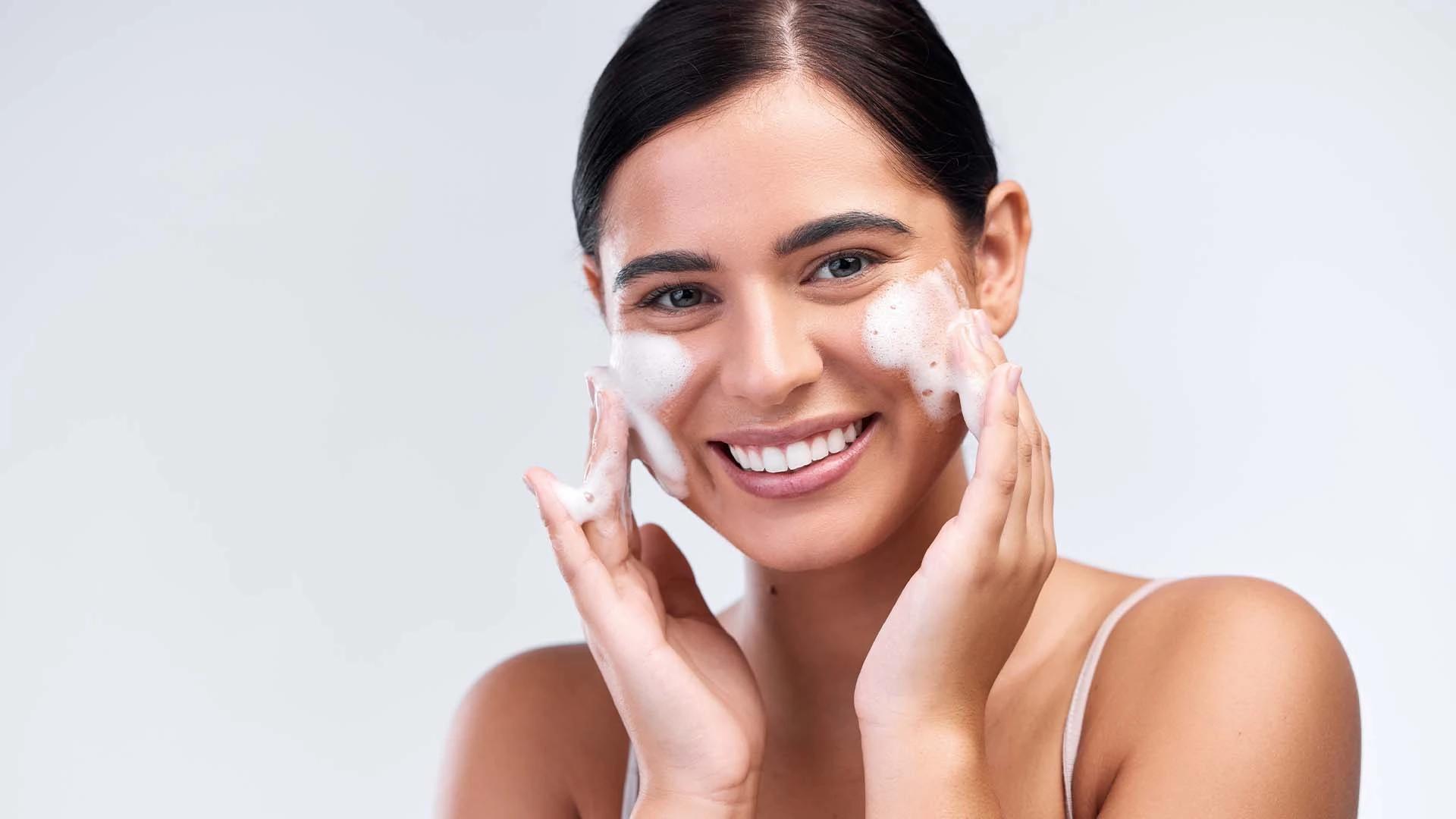At-Home Treatments vs. Professional Facials
At-home treatments are brilliant for maintenance, but professional facials can provide deeper cleansing and extractions when needed. Find what works for your budget and schedule.
Building Your Oily Skin Care Routine
Creating a routine that actually works isn't about having the most products—it's about having the right ones. Start simple and add products gradually so you can see what's actually making a difference. Your morning routine should focus on protection and oil control, whilst your evening routine can handle deeper treatment and repair.
**Morning Routine:**
• Gentle cleanser
• Toner (optional)
• Lightweight serum
• Oil-free moisturiser
• Sunscreen
**Evening Routine:**
• Cleanser (double cleanse if wearing makeup)
• Treatment serum (salicylic acid or retinol)
• Night moisturiser
Seasonal adjustments matter too. You might need lighter formulas in summer and slightly richer ones in winter when indoor heating can dry out your skin.
Lifestyle Factors That Affect Oily Skin
Your skincare routine is just one piece of the puzzle. What you eat, how you manage stress, and even your exercise habits can all impact your skin's oil production. It's not about being perfect—it's about making small changes that add up to healthier skin.
**Diet impacts:** Foods high in refined sugars and dairy might trigger more oil production in some people. **Stress management:** High stress levels can trigger hormonal changes that ramp up oil production. **Exercise benefits:** Regular exercise improves circulation and can help balance hormones, but always cleanse afterwards to prevent pore-clogging sweat buildup.
Makeup Tips for Oily Skin
Makeup and oily skin can absolutely be best friends with the right approach. The key is choosing products that work with your skin type rather than fighting against it. Start with a good base, use oil-controlling products strategically, and always remove everything thoroughly at the end of the day.
**Product selection:** Choose non-comedogenic foundations and concealers that won't clog pores. **Oil control:** Mattifying primers and setting powders can help extend your makeup's wear time. **Removal:** Never sleep in makeup—it's a fast track to clogged pores and breakouts.
Keep blotting papers handy for touch-ups throughout the day, and consider powder foundations for particularly oily areas.
Frequently Asked Questions
Can oily skin become dehydrated?
Absolutely! Oily skin can still lack water content, leading to dehydration. This often happens when you over-cleanse or use harsh products. Look for lightweight, hydrating ingredients like hyaluronic acid.
Should I use blotting papers throughout the day?
Blotting papers are brilliant for quick touch-ups and won't disrupt your makeup. Use them gently—press, don't rub—to absorb excess oil without irritating your skin.
Are natural oils beneficial for oily skin?
Some lightweight oils like jojoba or squalane can actually help balance oil production. However, heavier oils might be too much for very oily skin types.
How can I manage oily skin during hormonal changes?
Hormonal fluctuations can trigger increased oil production. Stick to your routine, consider sebum control treatments, and consult a dermatologist if breakouts become severe.
Final Thoughts
Managing oily skin isn't about eliminating oil completely—it's about finding balance. The right combination of gentle cleansing, targeted treatments, and lightweight hydration can transform your complexion from frustrating to fabulous. Remember, everyone's skin is unique, so what works for your friend might not work for you. Be patient with the process, introduce new products gradually, and don't be afraid to adjust your routine as your skin's needs change. Your perfect skincare routine is out there waiting to be discovered.

 100 ml
100 ml 100 ml
100 ml 200 ml
200 ml 50 ml
50 ml